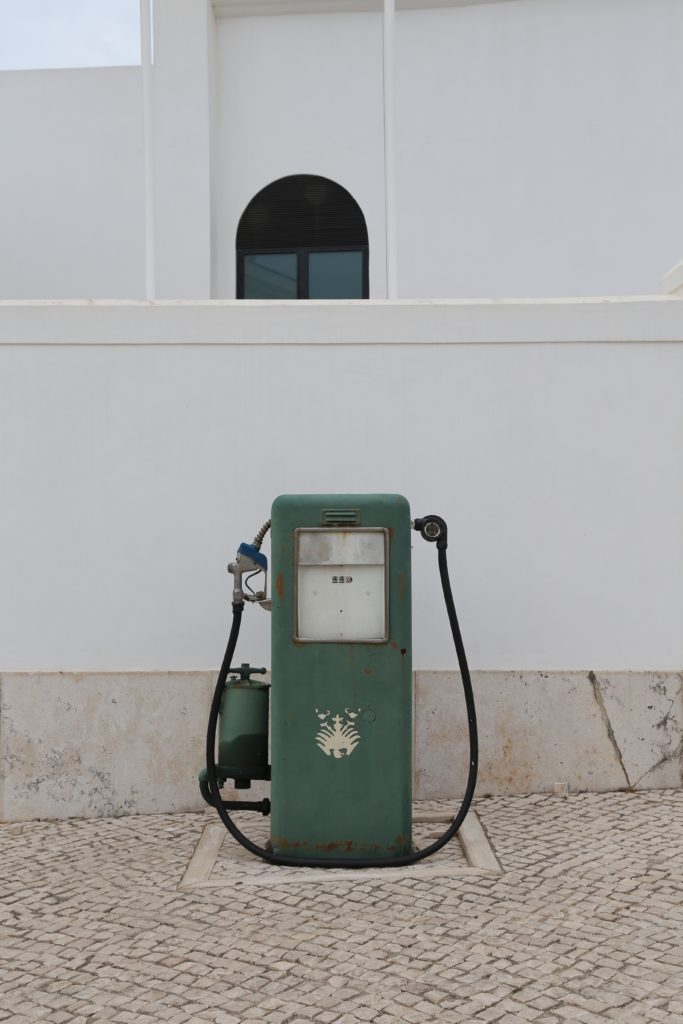
Petrol prices have reached record levels with some regional areas paying more than $2 a litre for fuel. Filing up the car with petrol is usually one of the biggest weekly purchases for most families. So what’s caused this spike in price and is there anything we can do to reduce our petrol cost?
Price Spike
One of the major benchmark prices for purchases of oil worldwide is the Brent Crude. In early October, the price of Brent Crude hit its highest level in four years. Some of the main reasons for the rise in price are:
– New US sanctions starting next month placed on Iran has caused the rise in price. Iran is a major global crude oil producer, accounting for approximately 4% of global supplies;
– OPEC (The Organization of the Petroleum Exporting Countries), an intergovernmental organisation of 15 nations, account for approximately 44% of global oil production and for the past 17 months they’ve cut production in order to bring oil supply and demand back into balance. This has contributed to the prices that we have faced;
– A strong global economy pushes prices up, and a weaker Australian dollar has put on more pressure.
How to save money on fuel
There are some well-known methods on saving petrol like driving with apprehension, making sure you have the right sized tyre and checking them every so often. Some of the less commonly known tips, which might be of interest, come from an article we dug up a while back from the Dubbo Liberal newspaper. Former BP and Ampol manager Mr John Hartnoll-White shared some of his tips which he thinks should be public knowledge:
“The tips aren’t exactly secret, but they certainly don’t get broadcast by the fuel industry because the whole idea is to get people to spend more money.”
His money saving tips include:
Fill up first thing in the morning
Service stations have storage tanks buried below the ground. The colder the ground the denser the fuel. Even a rise in one degree in the temperate makes a difference but service stations don’t have temperature compensation at the pumps.
Warm temperatures make petrol expand, so don’t buy in the afternoon or evening when you’re getting less than what you think is a litre.
Fill the tank as slowly as possible
Harnoll-White says to fill slowly to minimise vapour. Filling up too fast means some of the liquid going into your tank becomes vapour which are sucked back into the underground storage meaning you get less for your dollar.
Refuel at half level, never less
When the gauge in your car hits half level, fill it up as soon as possible to avoid evaporation.
“I’m able to achieve an extra 65km per tank” Hartnoll-White says.
With our current petrol pricing that amounts to about $10.80 a week which might not sound like much but times that by 52 weeks and it equates to over $560 a year.
Don’t fill up when the delivery truck is unloading fuel
The pressure of fuel moving into the tank stirs up dirt that normally settles on the bottom and motorists run the risk of contaminating the fuel system of their car.
Craig James, Chief Economist at Commsec, was recently quoted saying that Australian motorists “should get used to paying $1.50-$1.70 a litre for fuel”. It doesn’t look like prices will be going down any time soon and if a few small changes can help save some extra bucks, it’s worth giving it a shot.
What Can Align Financial Do For You? Visit our homepage to learn more about our service. If you would like to speak to us about your financial circumstance, please feel free to give us a call on 02 9913 9995. We are located in Narrabeen on the Northern Beaches of Sydney.
Disclaimer: This post has been prepared for general information purposes only. It is not specific advice to any particular person. You should consult an authorised Align Financial adviser before making financial decisions. Align Financial | Financial Planner Northern Beaches | Servicing North Narrabeen, Narrabeen, Mona Vale, Elanora Heights, Newport, Avalon, Palm Beach | Enquire with us online.